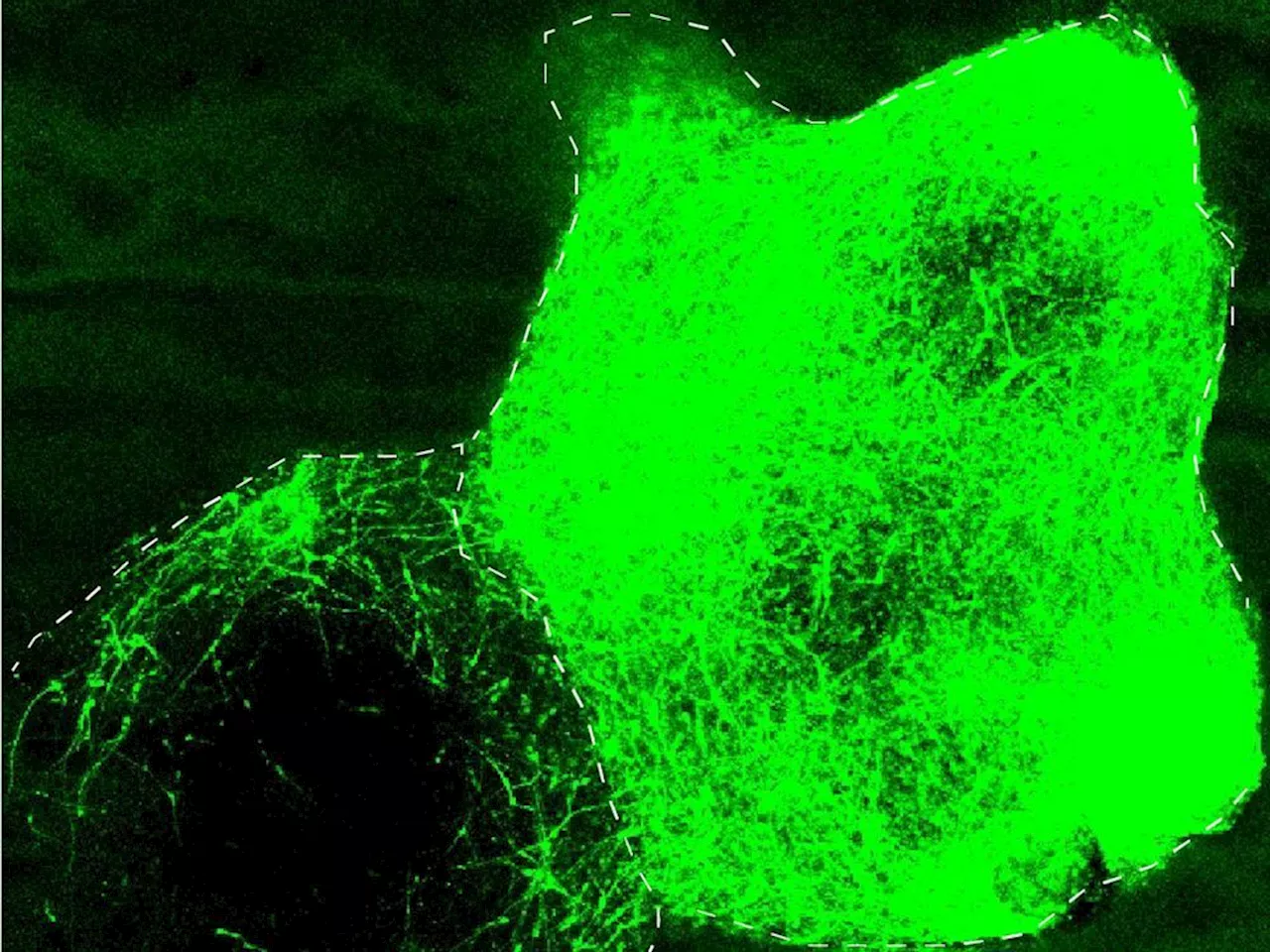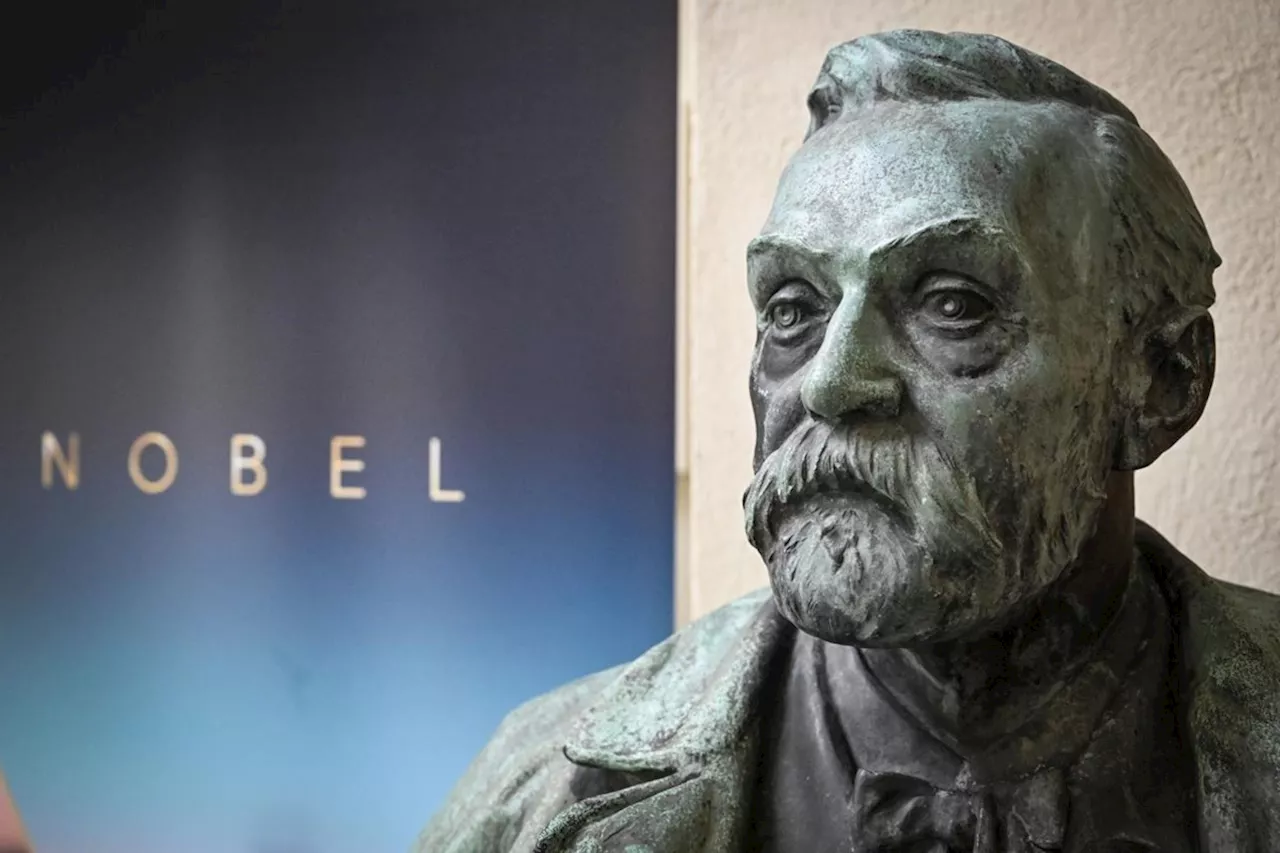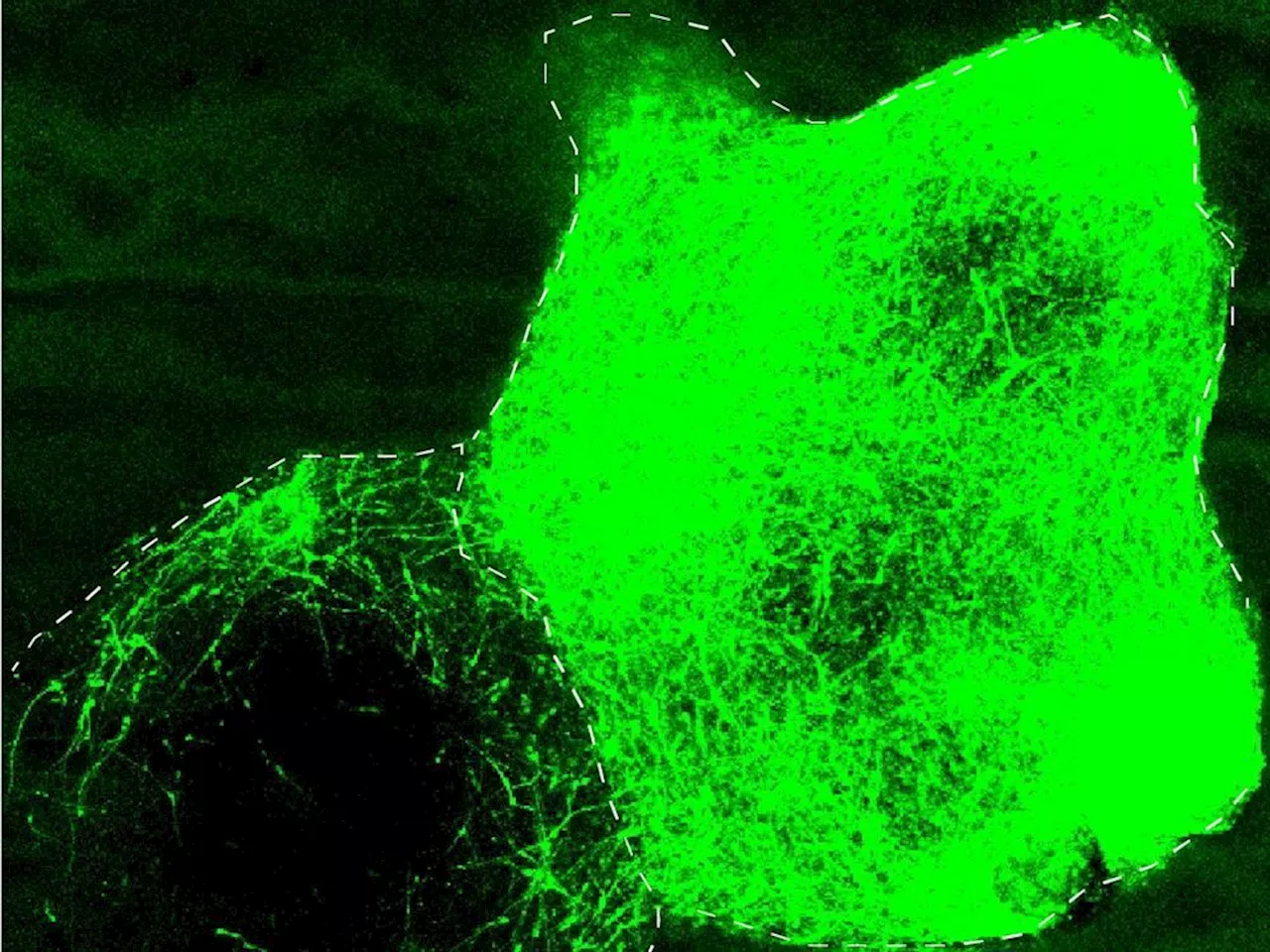The study delves into a 20\u002Dyear\u002Dold theory
Reviews and recommendations are unbiased and products are independently selected. Postmedia may earn an affiliate commission from purchases made through links on this page.
Often, scientists can instead learn the role an individual gene plays by observing what happens when that gene is knocked out of cells in a lab dish. But knocking out 425 genes one by one is time-consuming. This was all the more remarkable because in living brains, the region of the subpallium that makes interneurons is not right next to the cerebral cortex, but is inches away, Pasca said.
Using the fused clumps of cells, the researchers “performed by far the largest screen for autism and [neurodevelopmental disorder] genes,” Guo-li Ming, a professor in the departments of neuroscience and psychiatry at the University of Pennsylvania, wrote in an email commenting on the study.
Canada Latest News, Canada Headlines
Similar News:You can also read news stories similar to this one that we have collected from other news sources.
 Scientists discover how dozens of genes may contribute to autismThe study delves into a 20\u002Dyear\u002Dold theory
Scientists discover how dozens of genes may contribute to autismThe study delves into a 20\u002Dyear\u002Dold theory
Read more »
 Nobel Prize in Physics recognizes three scientists’ work with fast-pulsed lasersScientists Pierre Agostini, Ferenc Krausz and Anne L’Huillier won the physics Nobel Prize for work that led to the fastest measurements known to humankind
Nobel Prize in Physics recognizes three scientists’ work with fast-pulsed lasersScientists Pierre Agostini, Ferenc Krausz and Anne L’Huillier won the physics Nobel Prize for work that led to the fastest measurements known to humankind
Read more »
 The Additives And Ingredients That These Food Scientists Personally AvoidFYI, cultured celery extract is 'just stealthily rebranded nitrates.'
The Additives And Ingredients That These Food Scientists Personally AvoidFYI, cultured celery extract is 'just stealthily rebranded nitrates.'
Read more »
 3 scientists win Nobel Prize in chemistry for their work on tiny quantum dotsSTOCKHOLM (AP) — Three scientists won the Nobel Prize in chemistry for their work on tiny quantum dots. Moungi Bawendi, of MIT, Louis Brus, of Columbia University, and Alexei Ekimov, of Nanocrystals Technology Inc.
3 scientists win Nobel Prize in chemistry for their work on tiny quantum dotsSTOCKHOLM (AP) — Three scientists won the Nobel Prize in chemistry for their work on tiny quantum dots. Moungi Bawendi, of MIT, Louis Brus, of Columbia University, and Alexei Ekimov, of Nanocrystals Technology Inc.
Read more »
 3 scientists win Nobel Prize in chemistry for their work on tiny quantum dotsSTOCKHOLM (AP) — Three scientists won the Nobel Prize in chemistry for their work on tiny quantum dots. Moungi Bawendi, of MIT, Louis Brus, of Columbia University, and Alexei Ekimov, of Nanocrystals Technology Inc.
3 scientists win Nobel Prize in chemistry for their work on tiny quantum dotsSTOCKHOLM (AP) — Three scientists won the Nobel Prize in chemistry for their work on tiny quantum dots. Moungi Bawendi, of MIT, Louis Brus, of Columbia University, and Alexei Ekimov, of Nanocrystals Technology Inc.
Read more »
 3 scientists win Nobel Prize in chemistry for their work on tiny quantum dotsSTOCKHOLM (AP) — Three scientists won the Nobel Prize in chemistry for their work on tiny quantum dots. Moungi Bawendi, of MIT, Louis Brus, of Columbia University, and Alexei Ekimov, of Nanocrystals Technology Inc.
3 scientists win Nobel Prize in chemistry for their work on tiny quantum dotsSTOCKHOLM (AP) — Three scientists won the Nobel Prize in chemistry for their work on tiny quantum dots. Moungi Bawendi, of MIT, Louis Brus, of Columbia University, and Alexei Ekimov, of Nanocrystals Technology Inc.
Read more »
